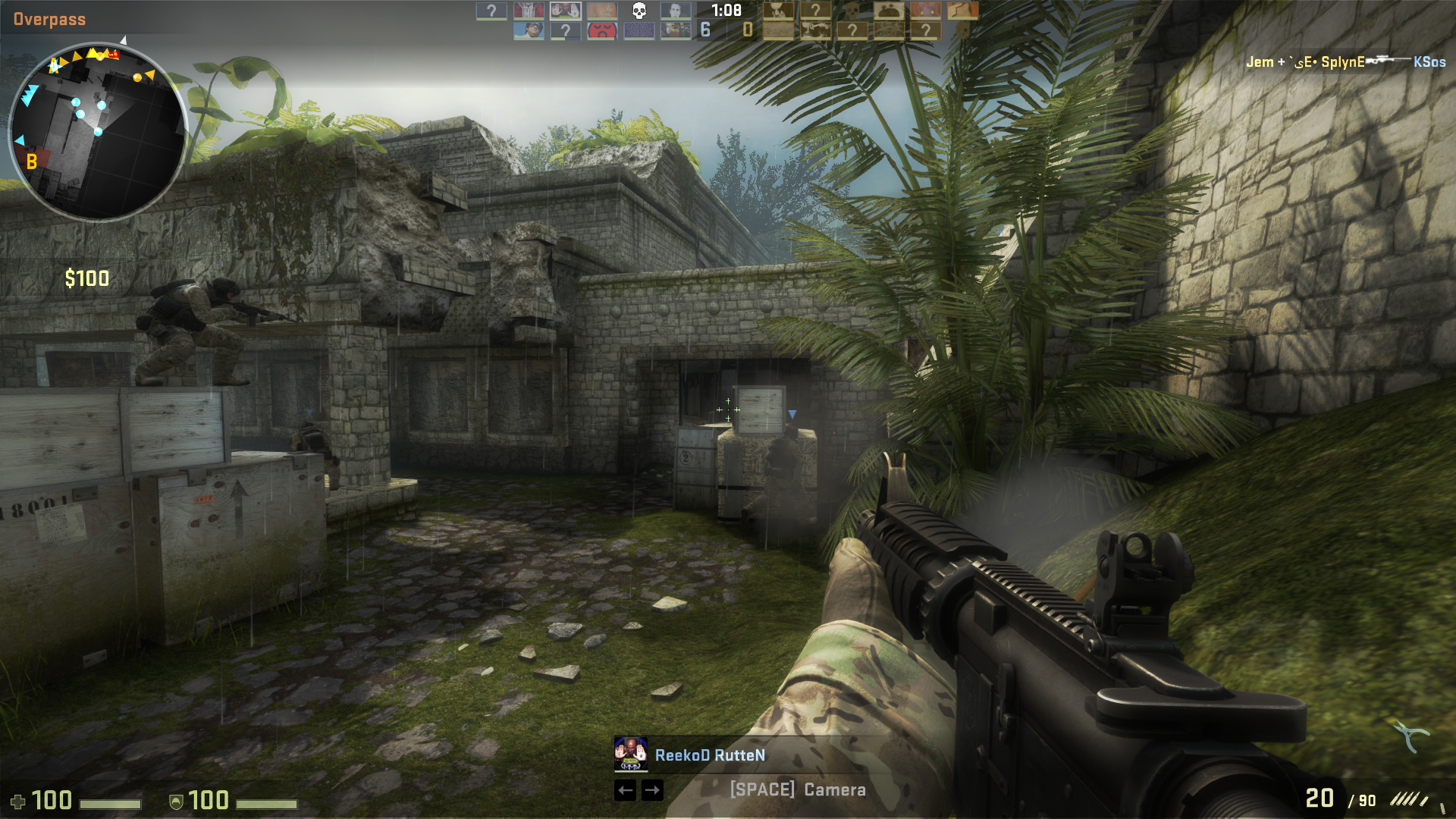
It is plain to see that faced with this threat, many States, especially in Europe, have not developed any tool of this kind, which new waves of terror attacks may make indispensable. Such a corruption of purpose is exactly what happened after Pegasus, a tool originally designed by Israel to fight terrorism, was released to the global market by NSO. National governments then started to develop tools which were indispensable to fight terrorism, but their purpose was quickly corrupted by some other governments so that they could be used to surveil political opponents, journalists or politicians, from France and other countries. It became known that as early as 2015, in relation with their terror attacks, Daesh used this kind of encryption technology which makes court-ordered telephone tapping inoperative.

Systems like Pegasus therefore “bypass” the now widespread smartphone messaging app encryption technologies, like those on which WhatsApp or Signal rely. is sophisticated application allowing its users to “actively” tap into communications made with consumer market phones by injecting malware which uses an unknown vulnerability of the Apple (iOS) and Google (Android) operating systems.


The Pegasus affair perfectly pinpoints Europe’s weaknesses. Some of these attacks fall into the category of cyber espionage, including exploits using Pegasus, a spyware, sold by the Israeli company NSO, outside its legal scope of usage, cyber theft of technologies, for example with the APT31 organization (Advanced Persistent Threat, a permanent group of hackers, more often than not hired by national governments like China, as has been the case recently) while other attacks rely on cyber coercion, namely ransomware attacks launched by cybercriminals enjoying some sort of impunity in Russia.

These days, France and more generally Europe are targeted by massive cyber aggressions.


 0 kommentar(er)
0 kommentar(er)
